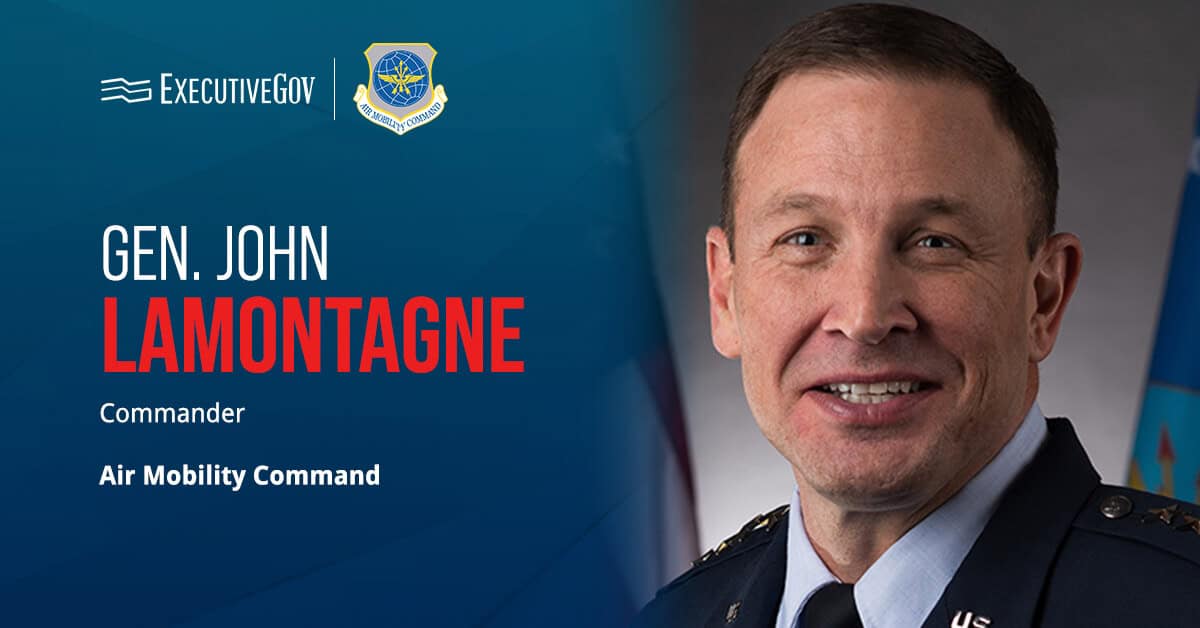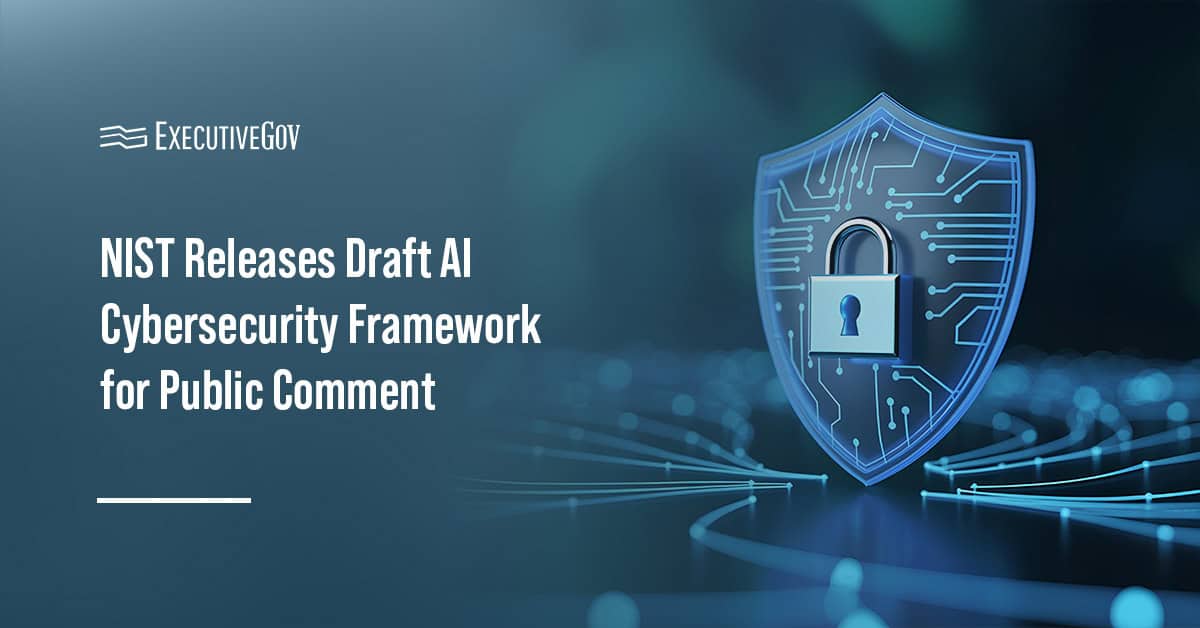
Lockheed Martin has updated a ground system designed for command-and-control operations supporting the U.S. Air Force’s GPS III navigation satellites, C4ISRnet reported Saturday.
The Air Force tasked Lockheed to update the ground segment to ensure interim control of GPS III satellites until Raytheon completes the Next Generation Operational Control System by 2021. The Lockheed-built ground segment includes contingency operations updates that verify the first GPS III satellite for operational use by military and civilian entities.
Capt. Ryan Thompson, assistant director of sustainment at the 2nd Space Operations Squadron, said the updated segment enabled the unit to “control the new satellite without a next-generation operational control system.”
Lockheed currently manages the second GPS III satellite, which was launched to orbit in August 2019. The company is slated to launch the third satellite later this year.





